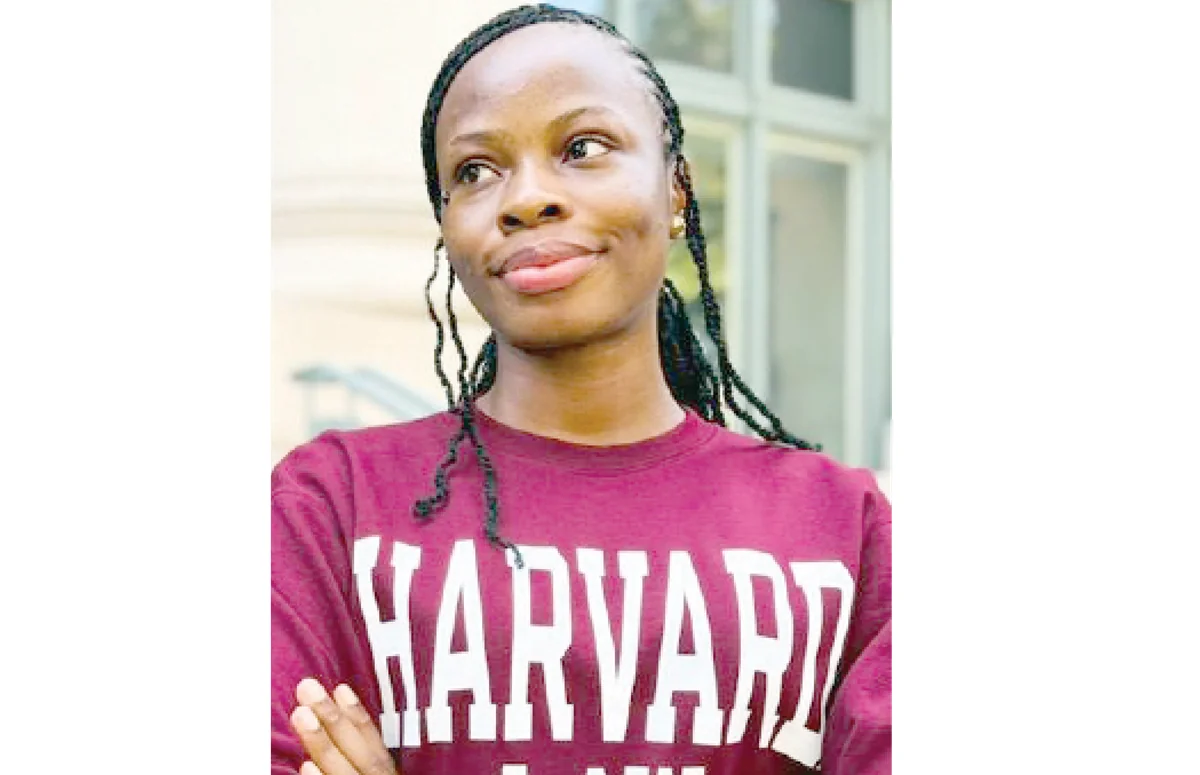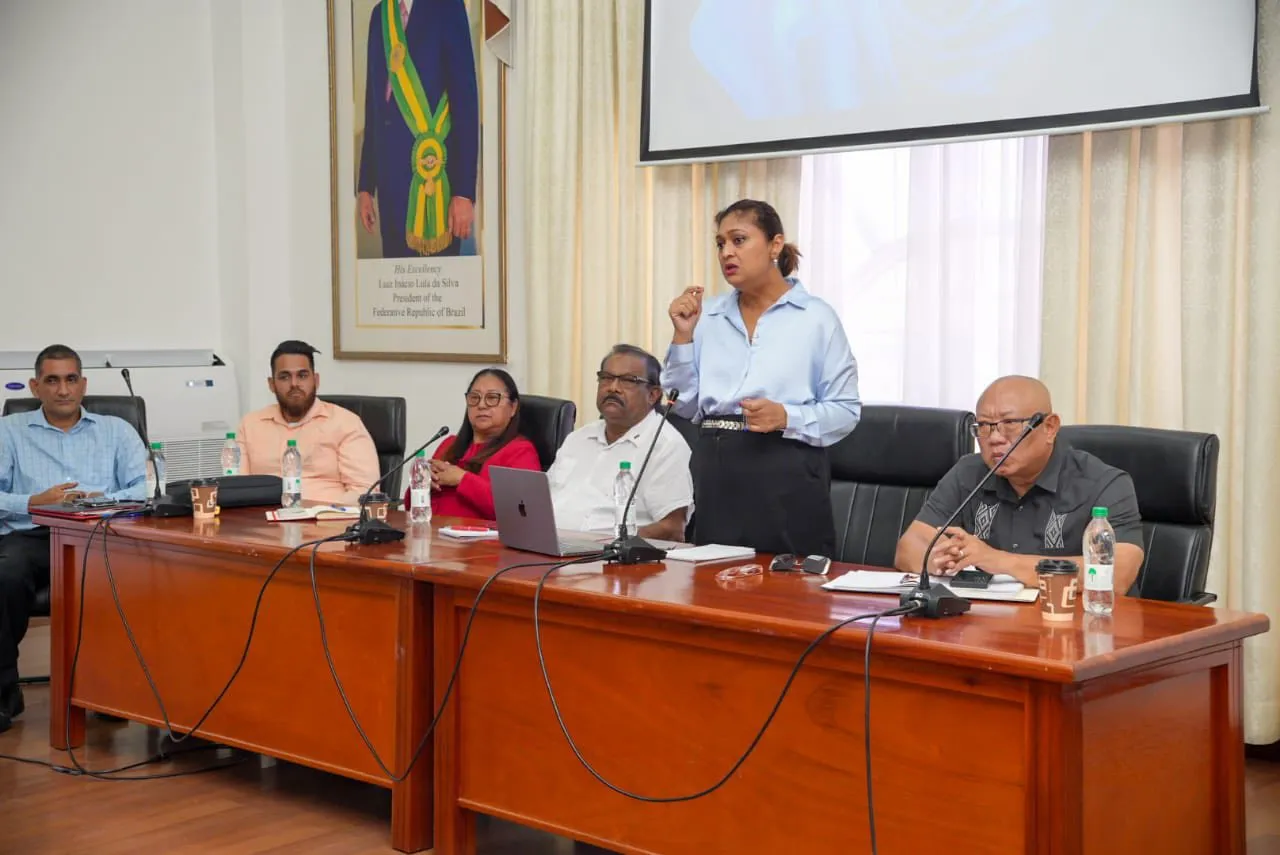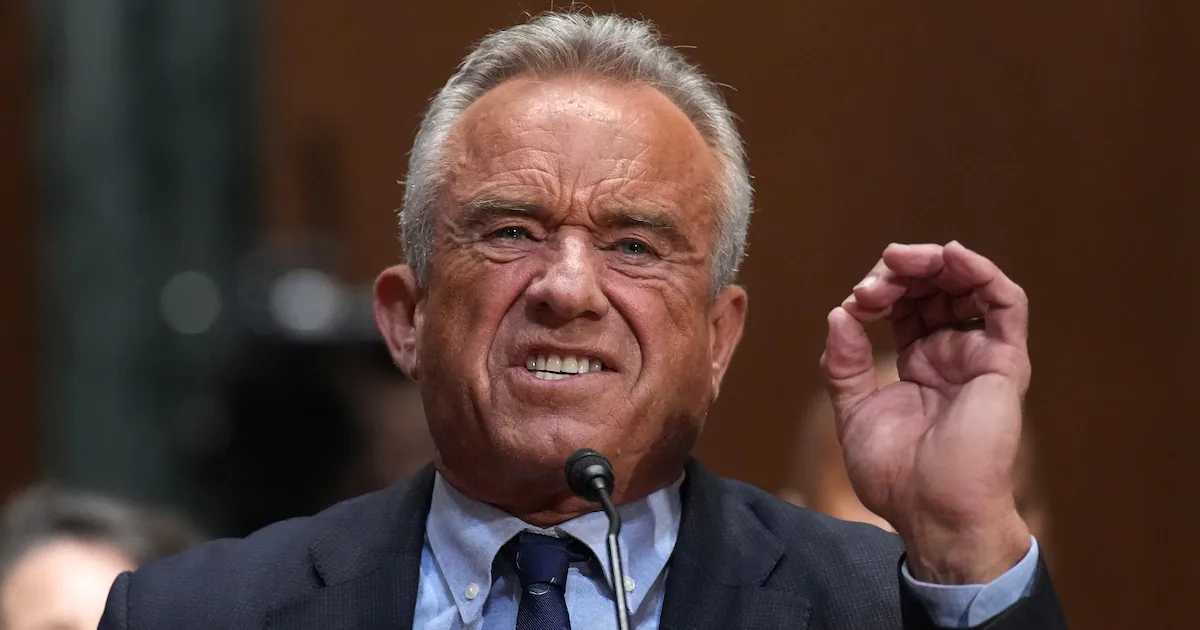My uncles think I’ll be a great trial attorney, become Chief Justice of Nigeria one day — Susan Omeh, lawyer, Harvard Law School master’s student
By Kingsley Alumona
Copyright tribuneonlineng

Susan Omeh graduated in the top three per cent and received the Icon Female Law Student Award from the Faculty of Law, University of Nigeria. She also bagged a First Class from the Nigerian Law School. For her Master’s in Law (LLM) programme, she received admission offers from Harvard Law School, Columbia Law School, and New York University (NYU), but settled for Harvard. In this interview by KINGSLEY ALUMONA, she speaks about her academic feat, her studies at Harvard, and other issues.
You graduated in the top three per cent and received the Icon Female Law Student Award from the University of Nigeria Law Faculty and another First Class from the Nigerian Law School. Have you always been this brilliant from primary through secondary school? Which secondary school experience would you share with us that demonstrated your intelligence and brilliance?
No. I do not think I have always been this brilliant. Smart, maybe. I like to think that brilliance is often very theoretical, lacking in practical knowledge, and tied to academic achievements. I am a very practical person, and I have never had the patience for the deep and theoretical thinking that brilliance requires. I developed the patience for theoretical intelligence in junior secondary school — that is my earliest memory of being brilliant and exceptional. Before then, I was simply a smart kid, the one who could explain what the teacher had taught and apply it well, but may fail at writing it exactly the same way the teacher wanted it (or taught it) in an exam.
My father, God bless his soul, got tired of my average grades in junior secondary school and spoke some sense into me. He believed I could do more.
I think there are quite a few, but mostly winning some of the most competitive secondary school debate competitions was a top-notch experience for me. I could almost always tell that if I was on the team representing my school in a debate competition, we would be in the top three. I think of all the possible loopholes to my arguments ahead and fill the loopholes so I always see my opponent’s rebuttal coming. I also like to think that reading lots of novels demonstrated my intelligence and brilliance. I read a lot in secondary school and had a penchant for being able to weave out the theme of the story and the deeper message the author was trying to pass along. Those were fun times.
You are now a master’s student of law at Harvard Law School, United States. What is the Harvard experience like? Which area of law are you majoring in at Harvard, and why?
Exciting. Stressful. Exhilarating. It is like being stressed from having too much fun and mental activity. It is also like travelling around the world while being stuck in a place. Harvard brings in students from all over the world. So, I am learning interesting things about countries I have never been to.
I am majoring in corporate finance and international finance. The master’s program at Harvard is general, so students get to pick courses across their focus areas. So, the majority of my courses are tied to these two areas. First, because I love corporate and debt finance, particularly when development finance institutions such as the World Bank and the African Development Bank play a role in it. The structures you see play out are fun. It gets you thinking about structures to protect lenders’ interest in a financing — why lending institutions think and operate the way they do, and why companies would prioritise debt over equity financing. I find it interesting, and it makes me think. I love stuffs that make me think. Also, because these areas are tied to investments, which is an area I love.
You mentioned that apart from the Harvard admission, you got admission offers from Columbia Law School and New York University (NYU). Why did you settle for Harvard instead of Columbia or NYU? How are you covering your Harvard tuition and living costs in the United States?
I do think that the answer to this question is obvious. Okay. Please, do not mind me. I understand that both Harvard and Columbia are Ivy Leagues, while NYU is a new ivy school, but I settled for Harvard because it is arguably the best school in the world, and also because Harvard gives you a community for the rest of your life. It is like being in this beautiful world where the school stands as a shield for you — protecting, guiding, and fighting for you, even long after you have become an alumnus. The system propels you and supports you to become the best of everything you want to be. Secondly, I got the most funding from Harvard, compared to the other two schools.
My tuition and living costs are being covered by funding from Harvard.
In your bio, you mentioned that you bagged the award for the best graduating female student in civil litigation from the Nigerian Law School. Why did you not focus on civil law, for which you earned an award, for your master’s degree? In your opinion, how does a civil lawyer differ from a finance lawyer?
I do not like civil litigation as much as I like corporate law. My uncles think that I would have made a great trial attorney and maybe become the Chief Justice of Nigeria one day. I do not think so. The trial system is fixed. There is a standard way to file motions, systems to argue your case before a judge, precedents to make your argument, and a solution-like system to every problem one might have or think to have in the future — you simply need to ‘research’ and you would find a case, binding or persuasive, to support your argument. The chase is in the manner you decide to write your argument and how well you can convince the judge.
Corporate law is malleable. Parties can get on a debt financing transaction and propose a ‘never-before-seen’ structure to the financing to protect a party’s interest. That, to me, is fun and interesting. I like it here. At least, for now.
Civil lawyers handle disputes between people, businesses, and/or organisations, and it does not involve crimes. Finance lawyers focus on financial transactions, banking, investments, mergers, and corporate funding.
In one of your recent LinkedIn posts, you stated that when you informed your mother that you were applying to some of the most difficult and competitive Master of Laws (LLM) programmes in the world, she said that she believes that there is nothing you cannot achieve, saying, “Oh, don’t worry, you’ll get in. You always get these things.” How did this statement make you feel? Would you attribute it to your getting into Harvard? Do you see her believe in you, motivating you to be the best in your Harvard Law class?
I think it made me less anxious through the application process. I was at ease during my application and even during the waiting period leading up to the receipt of the admission letters. It is not the first time she has told me point-blank that I would get something, and I end up getting it.
ALSO READ: What I found out about Boko Haram — Obasanjo
Yes, I attribute it to getting into Harvard. My mum is one of my biggest cheerleaders. I would say that I am fortunate to have lots of people who believe in me. I did not want to let her or these other people down. Yes, if she is not on my WhatsApp daily, asking me how everything is going, she is telling me not to worry, that everything will pan out well.
For your thesis, project, or long essay, what would you like to research or work on? How do you think the thesis or essay would impact society or the financial sector?
I intend to focus on the financing structures of development finance institutions (DFIs), with a particular interest in how the structures shape access to funding. I believe the research could provide valuable insights into strengthening Nigeria’s and other developing countries’ ability to attract DFI financing, which in turn could enhance funding for critical infrastructure.
You studied in Nigerian Law School and are now studying in a prestigious US law school. What four lessons can the Nigerian law faculties or Law School learn from the Harvard Law School?
First, teachings should be more practical and less about theories. Second, students’ welfare, physical and mental, should be made as central as learning is. Third, opportunities should be put in place to help students put into practice what they have learnt — fellowships, competitions, summer associateships, etc. Lastly, a less-rigid examination system should be adopted, one that tests students’ understanding of what has been taught and not their ability to memorise and regurgitate what was taught.
From the knowledge and skills you have gained studying financial law, what major financial law problems would you like to address if given the opportunity to address them?
I have only practised finance law, and Harvard is my first ‘major’ contact with finance law in an educational setting. I would like to address the dearth in climate finance.
A section of your bio reads “Susan is constantly contributing her quota towards solving climate change issues, educating indigent children, and fighting against gender-based discrimination.” What inspired your interest in indigent children and gender-based issues? With your busy schedule at Harvard, how do you engage in these endeavours?
I like to think that no nation can thrive if its children are uneducated and if gender inequality persists. Children, to me, are like a wonder, malleable, and can be everything beautiful. I also often think about how disastrous my life might have turned out if I were not educated.
I have not started any volunteering activity at Harvard. I do have a volunteering activity next month, though, related to children’s health.
With all the scholarships, fellowships, grants, and support you have received from US organisations for your law school master’s programme, what is expected of you from Harvard or the US during and after the programme? And where do you see yourself in five years?
Read, meet as many people as I can, be the best I can, and probably become the next Minister of Finance for Nigeria. What Harvard expects of me is not cast in stone. I just need to be the best I can be.
In five years? Maybe at a DFI or law firm. Let us see what the future holds.
What is your advice to Nigerians hoping to study at Harvard Law School on scholarship? What did you do to get into Harvard that they can do better?
Read as many sample Harvard application documents as you can find. You might find that there is no central link to all applications, but it is a good place to start. Be yourself and tell your own story. Be exceptional. You should be able to look back and say, ‘I couldn’t have done it any better’.
I did all these. I was disciplined enough to put in the work, and I prayed.



